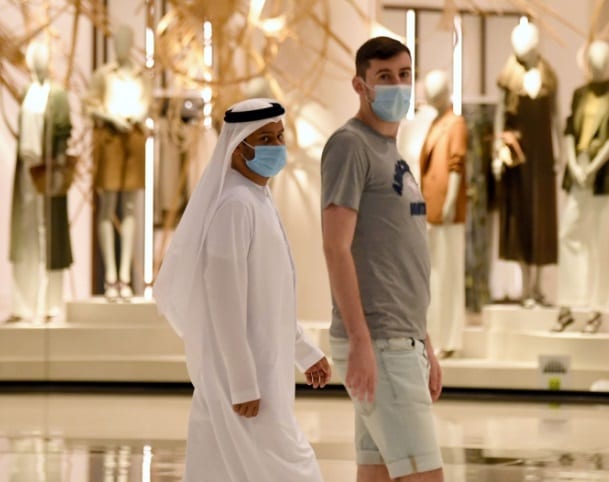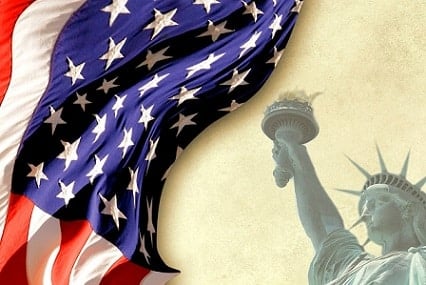The restrictions are a significant effort by the government of a major global tourism destination to safeguard against the risks presented by COVID-19
Dubai’s decision to cancel all entertainment events to curb the spread of COVID-19 will rattle confidence in Dubai’s hospitality and tourism sector.
With the global economy remaining fragile in the face of oil price uncertainties and the rapidly evolving risks due to COVID-19, consumer spending in sectors such as travel and food and beverage (F&B) is expected to be subdued for the early part of 2021.
The restrictions are a significant effort by the government of a major global tourism destination to safeguard against the risks presented by COVID-19. The measures also reiterate the uphill challenges likely to be faced by hotel and F&B operators as they seek to rebuild consumer confidence in the new year.
On the upside, the UAE’s mass inoculation campaign, as part of which more than two million doses of the COVID-19 vaccine have been administered to date, will aid economic recovery in the country.
Dubai’s tourism sector was already on an upward trajectory at the end of last year. US-based STR said occupancy in the city’s hotels reached 71% in December 2020, with average daily rates (ADR) and revenue per available room (revpar) reaching AED609 ($165.80) and AED432, respectively. The absolute ADR and revpar were the highest in Dubai since January 2020, while occupancy was at its highest rate since February.
The figures go to show that less than six months after it reopened to tourists in the aftermath of unprecedented movement curbs, Dubai was on track to restoring consumer confidence in its vital hospitality sector by the end of 2020.
As it contends with the stop-start risks linked to COVID-19, Dubai’s hospitality sector must return to the lessons it learned in 2020 to chart its course for recovery in the months ahead.




